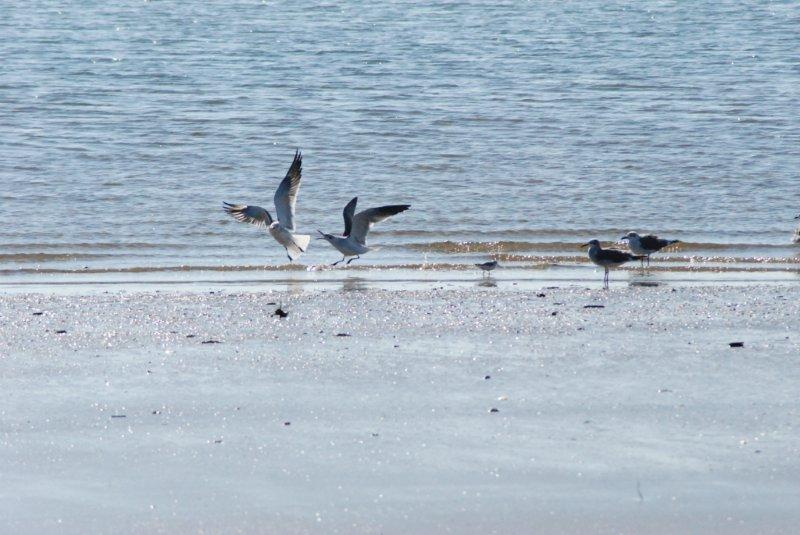 Sustainability Policy and Strategy:
Sustainability Policy and Strategy:
As a prominent federal entity, a key participant in the use and management of many of the nation’s water resources, a critical team member in the design, construction, and management of military and civil infrastructure, and as responsible members of the nation’s citizenry, the U.S. Army Corps of Engineers strives to protect, sustain, and improve the natural and manmade environment of our nation, and is committed to compliance with applicable environmental and energy statutes, regulations, and executive orders. Executive Order (EO) 13514, Federal Leadership in Environmental, Energy, and Economic Performance, states that sustainability “means to create and maintain conditions, under which humans and nature can exist in productive harmony, that permit fulfilling the social, economic, and other requirements of present and future generations.” The EO emphasizes that sustainability should not only be a natural part of all USACE decision processes, but should also be part of our organizational culture. The USACE is a steward for some of the nation’s most valuable natural resources, and we must ensure our customers receive products and services that provide for sustainable solutions that address short and long-term environmental, social, and economic considerations.
Sustainability and the Agency Mission: The mission of the USACE is to provide vital public engineering services in peace and war to strengthen our nation’s security, energize the economy, and reduce risks from disasters. In achieving this mission, the USACE must contribute to the national welfare and serve the public by providing quality and responsive services to the nation, the Army, and other customers in a manner that is environmentally, economically, and socially sustainable, and that focuses on public safety and collaborative partnerships.